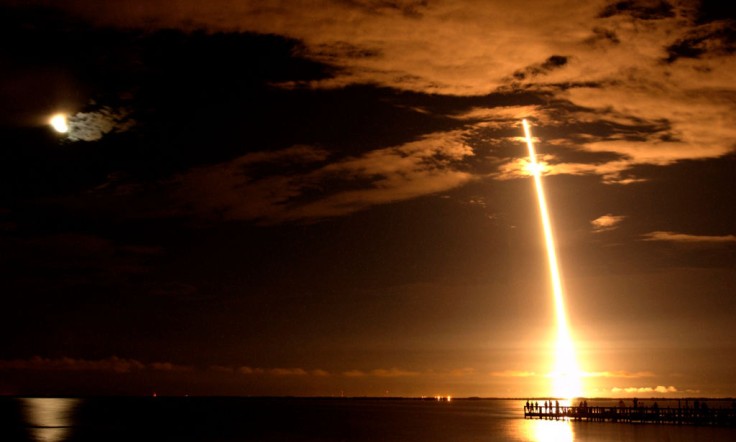
In a Facebook post, NASA confirmed that a meteor caused the shocking explosion in Pittsburgh last January 1. The said NASA meteor had an estimated energy similar to 30 tons of TNT.
NASA Meteor Blast in Pittsburgh
As the residents of suburban Pittsburgh welcomed 2022, Cnet reported that they were gently rocked by a loud boom that rattled and shook their homes in the early hours of New Year's day.
Since several people were alerted by this, NASA released a statement confirming that the unexplained explosion was a bolide splitting up in the atmosphere above.
To give further details, the space agency wrote on its Meteor Watch Facebook page on Sunday night that a nearby infrasound station "registered the blast wave from the meteor as it broke apart; the data enabled an estimate of the energy at 30 tons of TNT. If we make a reasonable assumption as to the meteor's speed (45,000 miles per hour), we can ballpark the object's size at about a yard in diameter, with a mass close to half a ton."
Moreover, due to the cloudy skies, the bursting meteor was not easily observed. However, if the skies were clear, the rock would have illuminated 100 times brighter than a full moon.
Furthermore, several people in Pittsburgh were surprised by the explosion, given that there was no record of seismic activity, thunder or lightning at the time.
In relation to this, Twitter user @lildobe shared that his security cameras "caught the "boom" sound too. It was LOUD."
My security cameras caught the "boom" sound too. It was LOUD pic.twitter.com/NEhynXQIbP
— Dobie Tanpaw (@lildobe) January 1, 2022
On the other hand, Weather Service meteorologist Jenna Lake told The New York Times that because there were no storms in the vicinity, meteorologists believe that the vibration was caused by "a meteor moving toward Earth pretty low in the atmosphere, relatively close."
In addition, since there were no reported strange activities at that time, Weather Service meteorologist located near Pittsburgh Chris Leonardi added that the NASA meteor either "exploded or vaporized."
One of their colleagues used a Geostationary Lightning Mapper, which can "detect the momentary changes in an optical scene, indicating the presence of lightning."
Read Also : Samsung Freestyle Lets You Stream on Any Wall! Price, How to Order Ultraportable TV Projector
Despite this, the Pittsburgh meteor is relatively small as compared to the meteor that exploded above Russia in 2013, shattering thousands of windows below, per Cnet. This meteor exploded with a force of 440,000 tons of TNT.
Because the bolide over Pennsylvania was small, it is doubtful that any minor meteorites made it to the ground. This only means that it burnt up in the atmosphere.
Meanwhile, the American Meteor Society reported that the sonic booms caused by exploding meteors are quite rare, while the bright, dazzling fireballs emitted by meteors are not. Every day, tens of thousands of meteors streak through our skies, but they're rarely seen because they fall over oceans or have their brightness overpowered by sunlight.
Fireballs and Bolides
For those curious to know what fireballs and bolides are, NASA defined these as astronomical terminology for meteors that are extraordinarily brilliant and spectacular enough to be seen over a large region.
A world map presents a visual depiction of the data table, which gives a chronological data summary of fireball and bolide incidents published by the U.S Government Sensors. Ground-based viewers may see these phenomena as magnificent atmospheric light displays at night or, much more rarely, during the day.









